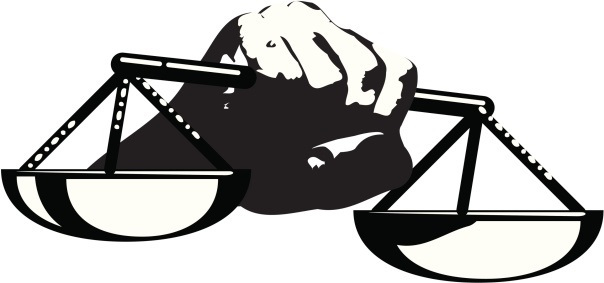C.N. Arunachala Mudaliar vs. C.A. Muruganatha Mudaliar And Ors
Bench: B K Mukherjea, Mehr Chand Mahajan,B Jagannadhadas
Judges: 3
Citation: 1953 AIR 495; 1954 SCR 243Act: Hindu law-Gift-Property gifted by father to son.
Facts of the case:
- Appellant, his father, the defendant No. 1, and his brother, the defendant No. 2 was entitled in law to one-third share in the portioned property, where plaintiff and defendant No. 2 were children of first wife of defendant’s father, and when the first wife died, father remarried and there aroused difference in the family.
- Apart partitioned properties, claim also include certain other items. The defendant No. 1 denied existence of any joint family property. His claimed was rather that the land as well as the house property were the self-acquired properties of the father which has been given to him through a will. The other items of immovable property as well as the cash, furniture and utensils were his self acquisitions.
- The defendant No. 2, who is the brother and supporter of the plaintiff. Defendant No. 3 in asserted that she wasn’t a necessary party to the suit and jewellery belonged.
- Trial Court held that properties bequeathed to defendant No. I by his father is ancestral properties. Madras High Court dismissed the appeal with this variation that the jewels- such of them as existed-were held to belong to defendant No. 3 alone and the plaintiff’s claim for partition of furniture and brass utensils was dismissed.
Issue:
Whether Self acquired property of father is ancestral property in the hands of son or it is treated as son’s self acquired property.
Judgement:
Important lines in the judgment:
“Property gifted by a father to his son could not become ancestral property in the hands of the son simply by reason of the fact that he got it from his father. The father is quite competent when he makes a gift, to provide expressly either that the donee would take it exclusively for himself or that the gift would be for the benefit of his branch of the family and if there are express provisions to that effect in the deed of gift or will, the interest which the son would take in such property would depend on the terms of the grant.”
“In view of the settled law that a Mitakshara father has absolute right of disposition over his self-acquired property to which no exception can be taken by his male descendants, it is in our opinion not possible to hold that such property bequeathed or gifted to a son must necessarily, and under all circumstances, rank as ancestral property in the hands of the donee in which his sons would acquire co-ordinate interest.”
Further, the court expressed two grounds supporting the above expressed view (from a laid down case):
The first ground is, as enunciated by Mitakshara on the authority of Yagnavalkya. the doctrine of equal ownership of son and father in ancestral property. The other ground is “self- acquisition”.
When property is received from grandfather, it is ancestral, if received on death of grandfather or by partition.
But if the father obtains the grandfather’s property by way of gift, the above terms do not apply.





